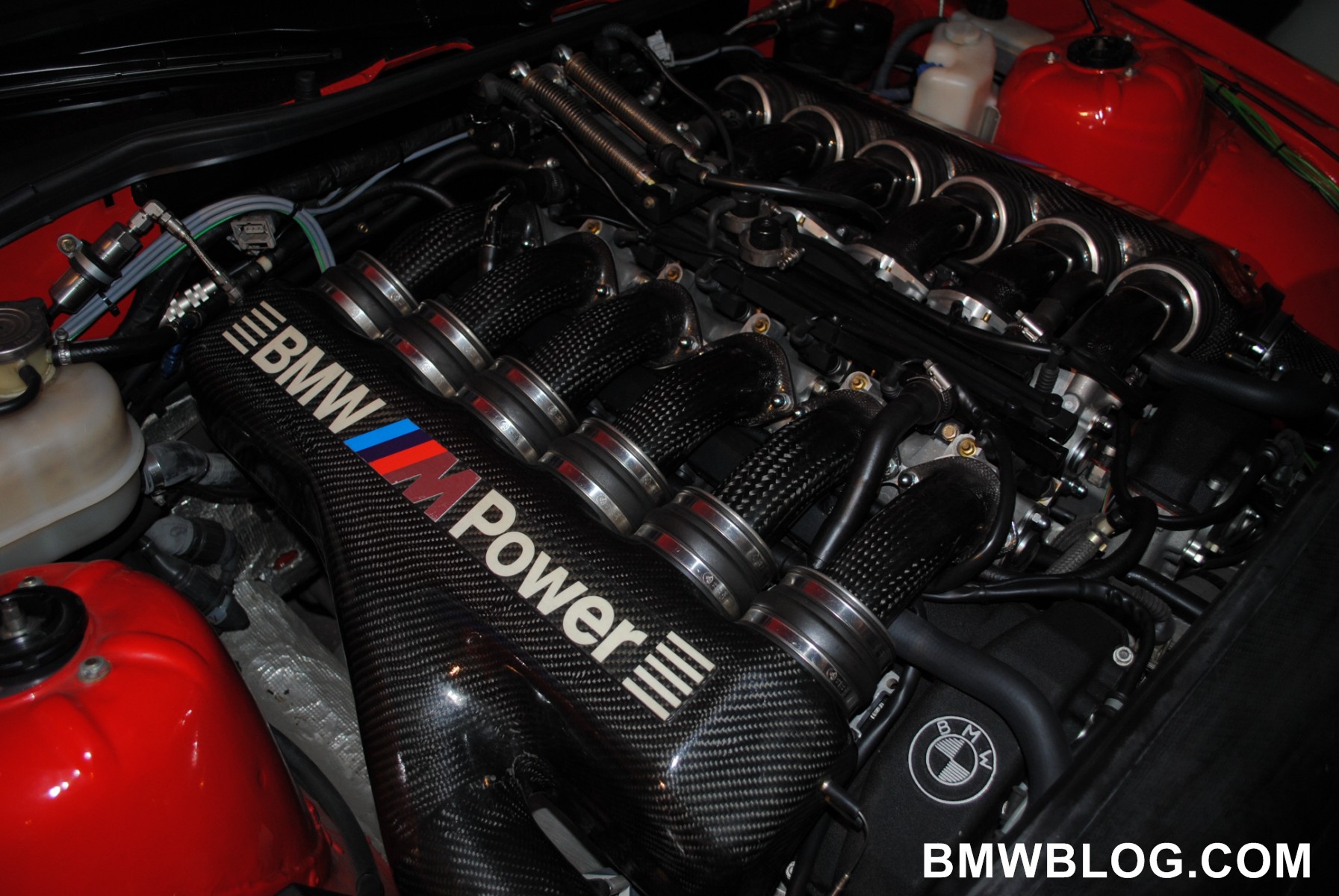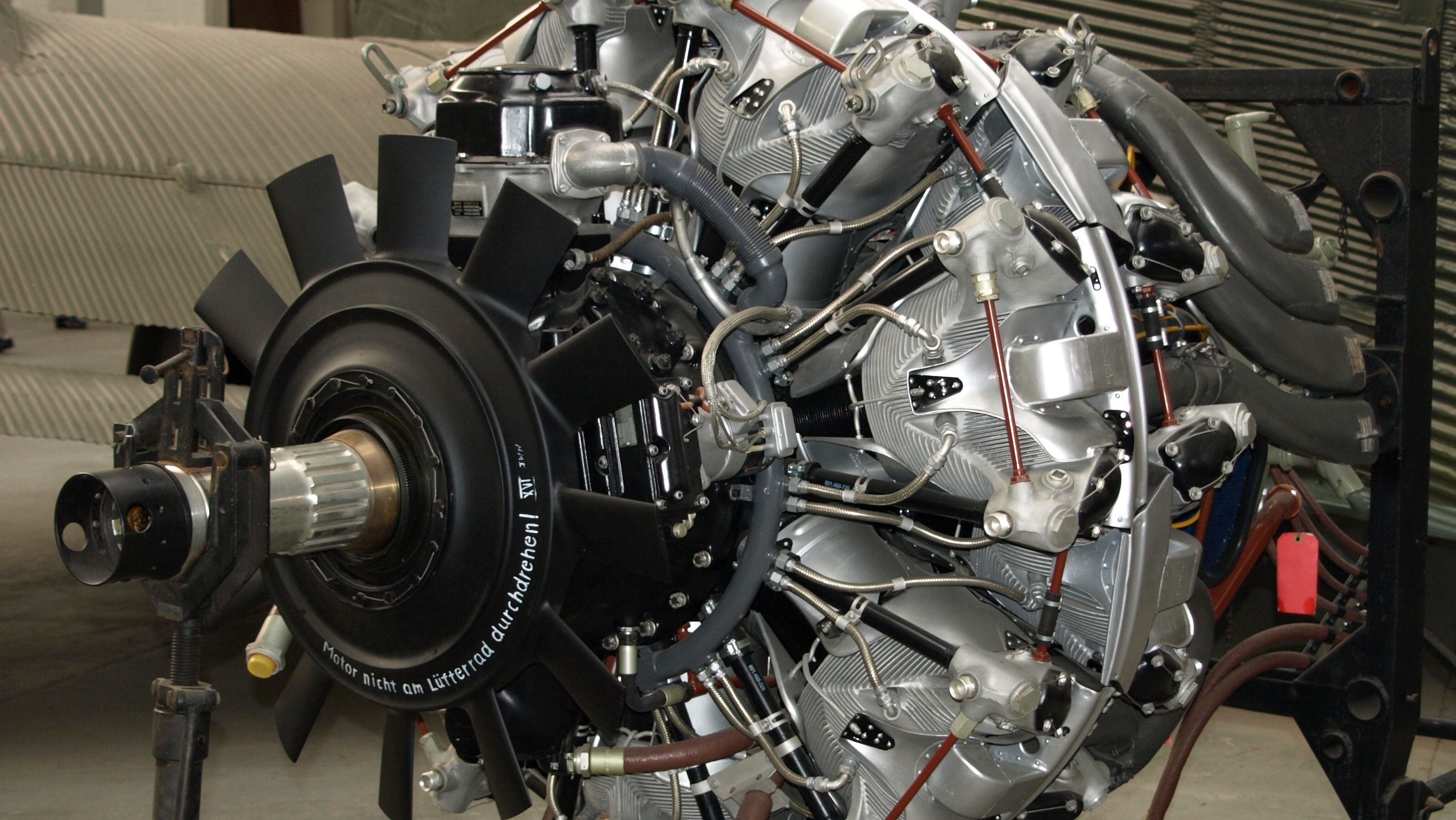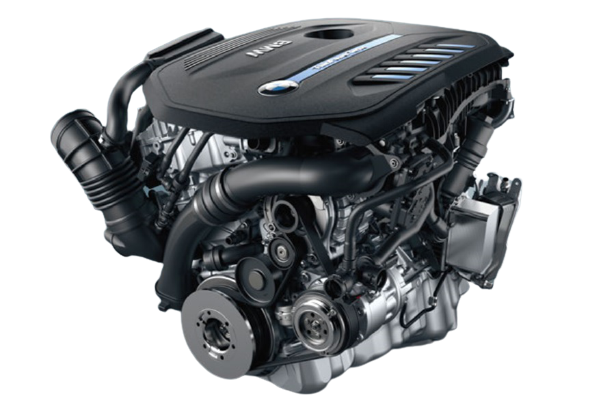Checking Out the Performance Enhancements of the current BMW Engine Designs
Checking Out the Performance Enhancements of the current BMW Engine Designs
Blog Article
Introducing the Intricacies of Next-Generation Power Units: a Deep Dive Into Advanced Engine Developments and styles
As we stand on the precipice of a brand-new period in transportation, the details of next-generation engine layouts bid us to check out the cutting-edge innovations and developments that guarantee to redefine the driving experience. Diving much deeper into the realms of discharge control, intelligent engine monitoring systems, and the perspective of power unit development, we discover ourselves on the cusp of a makeover that assures to reshape the landscape of wheelchair as we understand it.
Development of Engine Products

The shift in the direction of advanced engine materials has likewise enabled designers to create engines with higher power results while maintaining fuel performance requirements. For instance, making use of light-weight materials lowers the general weight of the engine, resulting in improved fuel economic climate and lower emissions. Furthermore, improvements in materials innovation have permitted better thermal management within engines, resulting in increased integrity and long life.
Turbocharging and Supercharging Technologies
Just How do Turbocharging and Supercharging Technologies revolutionize engine efficiency and efficiency in contemporary automobiles? Turbocharging and supercharging are innovations that substantially improve engine efficiency by enhancing the quantity of air consumption right into the combustion chamber. Turbocharging attains this by utilizing a turbine driven by exhaust gases to pressurize the intake air, while supercharging utilizes a belt- or chain-driven compressor to attain the exact same impact.
These modern technologies make it possible for smaller sized, more fuel-efficient engines to produce power equal to larger ones, referred to as downsizing. By requiring more air right into the cyndrical tubes, turbocharging and turbo charging boost burning efficiency, leading to raised horsepower and torque output without a considerable increase in engine dimension. This leads to better velocity, towing capability, and overall driving efficiency.
Furthermore, turbocharging and turbo charging add to improved fuel effectiveness by enabling the usage of smaller sized engines that eat much less fuel under typical driving conditions - bmw engine. This combination of enhanced performance and performance has made turbocharging and supercharging indispensable parts of many modern engine designs
Discharge Control and Environmental Effect
With boosting worldwide concerns regarding air high quality and environmental sustainability, the implementation of emission control innovations in cars plays a crucial role in decreasing hazardous pollutants launched into the environment. Modern vehicles are equipped with advanced discharge control systems that assist reduce the ecological impact of vehicle procedures. Catalytic converters, for example, are developed to transform harmful gases such as carbon monoxide, nitrogen oxides, and hydrocarbons right into less dangerous substances like carbon dioxide and water vapor.
Moreover, advancements in engine modern technology, such as the integration of exhaust gas recirculation systems and selective catalytic top article reduction, have significantly contributed to decreasing discharges. These technologies operate in tandem to enhance burning efficiency and minimize the release of damaging pollutants right into the air. Additionally, the growth of hybrid and electrical vehicles stands for a crucial action in the direction of lowering the overall ecological impact of the transportation industry.
Intelligent Engine Monitoring Equipment

Furthermore, these systems allow lorries to fulfill stringent emissions requirements without jeopardizing performance, offering a much more eco-friendly driving experience. The integration of expert system and device learning capacities in engine monitoring systems continues to push the boundaries of what is feasible, leading to further enhancements in efficiency, reliability, and general automobile efficiency. bmw engine. As automobile technology advances, intelligent engine management systems will certainly play a vital role in forming the future of transport in the direction of a much more effective and lasting instructions
Future Trends in Power Unit Development
As smart engine administration systems pave the way for improved control and optimization in contemporary automobiles, future fads in power system growth are positioned to redefine the landscape of auto propulsion innovations. One of the crucial trends driving innovation in power system growth is the shift towards i thought about this electrification. With an enhancing focus on sustainability and reducing carbon exhausts, hybrid and electrical powertrains are ending up being more common in the auto sector. These alternative source of power provide enhanced efficiency and efficiency while straightening with strict environmental regulations.
An additional substantial pattern is the assimilation of advanced materials and manufacturing strategies. Light-weight materials such as carbon fiber and aluminum are being utilized to minimize overall vehicle weight, enhancing gas efficiency and efficiency. Additionally, developments in 3D printing and additive manufacturing are allowing the production of complicated engine parts with higher accuracy and resilience.
In addition, fabricated intelligence and artificial intelligence are playing an important role in enhancing power unit efficiency. These technologies permit real-time surveillance and adaptive control, bring about more effective and reputable power shipment. On the whole, future patterns in power unit growth are geared towards performance, sustainability, and efficiency, driving the automotive market in the direction of a new age of propulsion technologies.

Verdict
Finally, the advancements in engine materials, turbocharging, emission control, and smart management systems have actually paved the method for next-generation power devices. These developments have not just improved efficiency and effectiveness but also minimized ecological effect. As technology proceeds to advance, future trends in power system advancement are most likely to concentrate on further boosting sustainability and maximizing power outcome. The elaborate designs and technologies in modern engines showcase the ongoing development of automobile innovation.
Exploring the modern innovations in engine products has actually been essential in improving the performance and performance of modern-day engines. Over the years, the evolution of engine products has played a critical function in pressing the boundaries of what engines can attain.The change in the direction of advanced click here to read engine materials has actually also allowed engineers to develop engines with higher power outcomes while preserving gas performance standards.The application of smart engine management systems in modern cars has actually reinvented the way engines are regulated and maximized for efficiency and performance. By gathering data in real-time and evaluating it with advanced algorithms, smart engine monitoring systems can adjust to driving designs, environmental factors, and engine health and wellness to optimize power outcome while decreasing gas usage and discharges.
Report this page